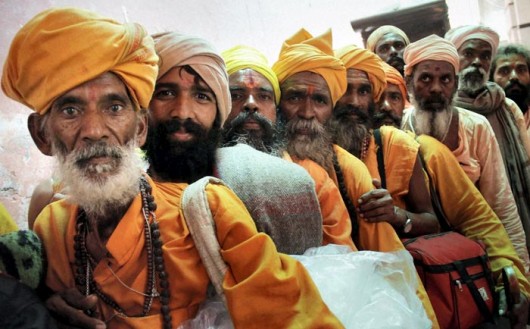Should people of faith be allowed to participate in global health discussions or initiatives? Does not their spiritual orientation create ulterior motives and cause them to take advantage of people in need? How can those that may believe in a supernatural Being or an afterlife be considered respectable, professional colleagues in undertakings of such great importance? Such questions I encounter regularly in my interactions through the Institute for International Medicine, where it is my constant pleasure to interface with people from the entire spectrum of world views.
How many of today’s universities and health care facilities bear names like Jewish, Catholic, Baptist, or Presbyterian? By what sort of citizens were such institutions founded? Who is familiar with the predecessors of global health – individuals like Albert Schweitzer, David Livingston, and Mother Theresa? What was the spiritual orientation of such people? Today, what role does faith play among those who dedicate not just a few days, but year after year of their lives in devotion to the world’s most poor – people like those on staff at INMED Training Sites throughout Asia, Africa, and the Americas?
What do you think? Should people of faith be allowed to participate in global health?

